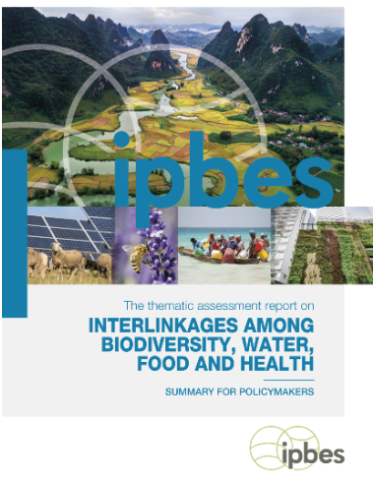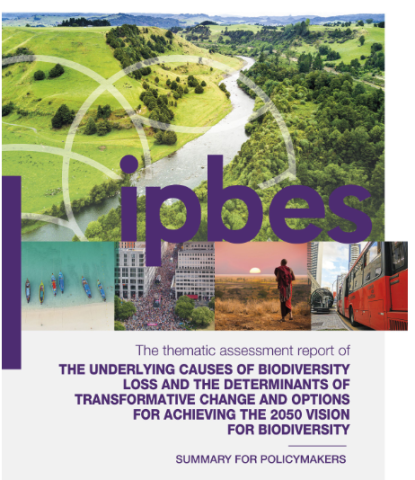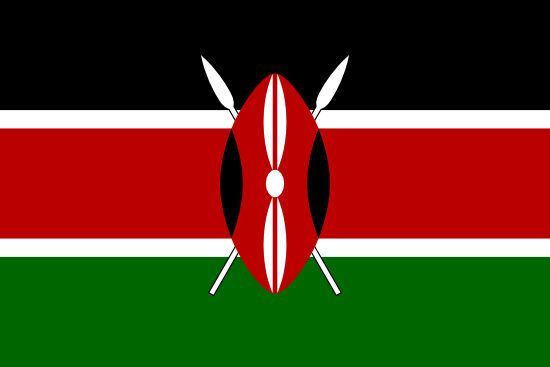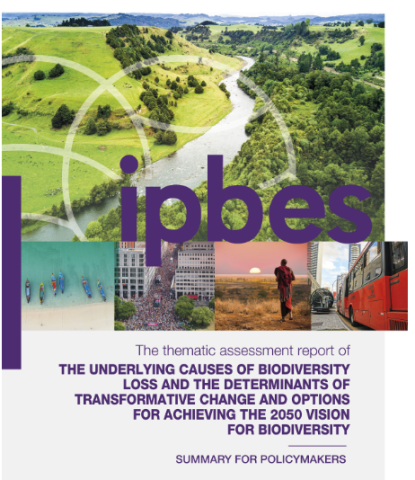Key Outcomes from the IPBES 11 Plenary
The 11th session of the Intergovernmental Science-Policy Platform on Biodiversity and Ecosystem Services (IPBES 11) took place in Windhoek, Namibia, from December 10–16, 2024. The meeting launched two significant assessments addressing biodiversity and transformative change, with a focus on understanding the connections between biodiversity, water, food, health, and climate, and how to create a sustainable future. Here’s what you need to know:
Nexus Assessment: The Interlinkages Among Biodiversity, Water, Food, and Health
This assessment highlights the interconnected challenges and solutions involving nature and human well-being.
Key Findings
- Human activities are worsening biodiversity loss, leading to negative impacts on water quality, food security, health, and climate.
- It is possible to create solutions that benefit people and nature, but achieving all these benefits together is a challenge.
- Practical strategies already exist to manage biodiversity, water, food, health, and climate sustainably across sectors.
- Changing how we govern resources—making it more inclusive, equitable, and coordinated—will help implement these solutions effectively.
- There’s a significant gap in financing: an additional USD 0.3–1 trillion per year is needed for biodiversity efforts, and at least USD 4 trillion annually is required to address related Sustainable Development Goals (SDGs).
 Click here to download report
Click here to download report
Transformative Change Assessment: Tackling the Root Causes of Biodiversity Loss
This assessment explores the urgent need for deep, systemic change to reverse biodiversity decline and build a just, sustainable world.
Key Findings
- Transformative change is essential to address biodiversity loss and prevent the collapse of vital ecosystems.
- Equity, justice, and inclusive decision-making must guide efforts to create change.
- Combining knowledge from science, Indigenous Peoples, and local communities strengthens strategies for action.
- Society needs to shift its values to prioritize the deep connection between people and nature.
- Achieving transformative change requires collaboration across all sectors of society and government.
 Click here to download the report
Click here to download the report
Future Plans and Global Collaboration
- A new global biodiversity assessment will begin in 2025, involving diverse knowledge systems, including contributions from Indigenous Peoples. The final report will be presented in 2028.
- IPBES continues to build capacity and provide tools to support policymakers and communities in tackling biodiversity loss.
- The UK will host the next IPBES meeting in January 2026.
Why It Matters
The IPBES 11 meeting underscored the urgent need for global action to protect nature and its vital role in sustaining life on Earth. By addressing the root causes of biodiversity loss and promoting innovative solutions, the assessments aim to guide governments, organizations, and communities toward a sustainable and equitable future.
Together, we can act now to ensure a healthier planet for current and future generations.

